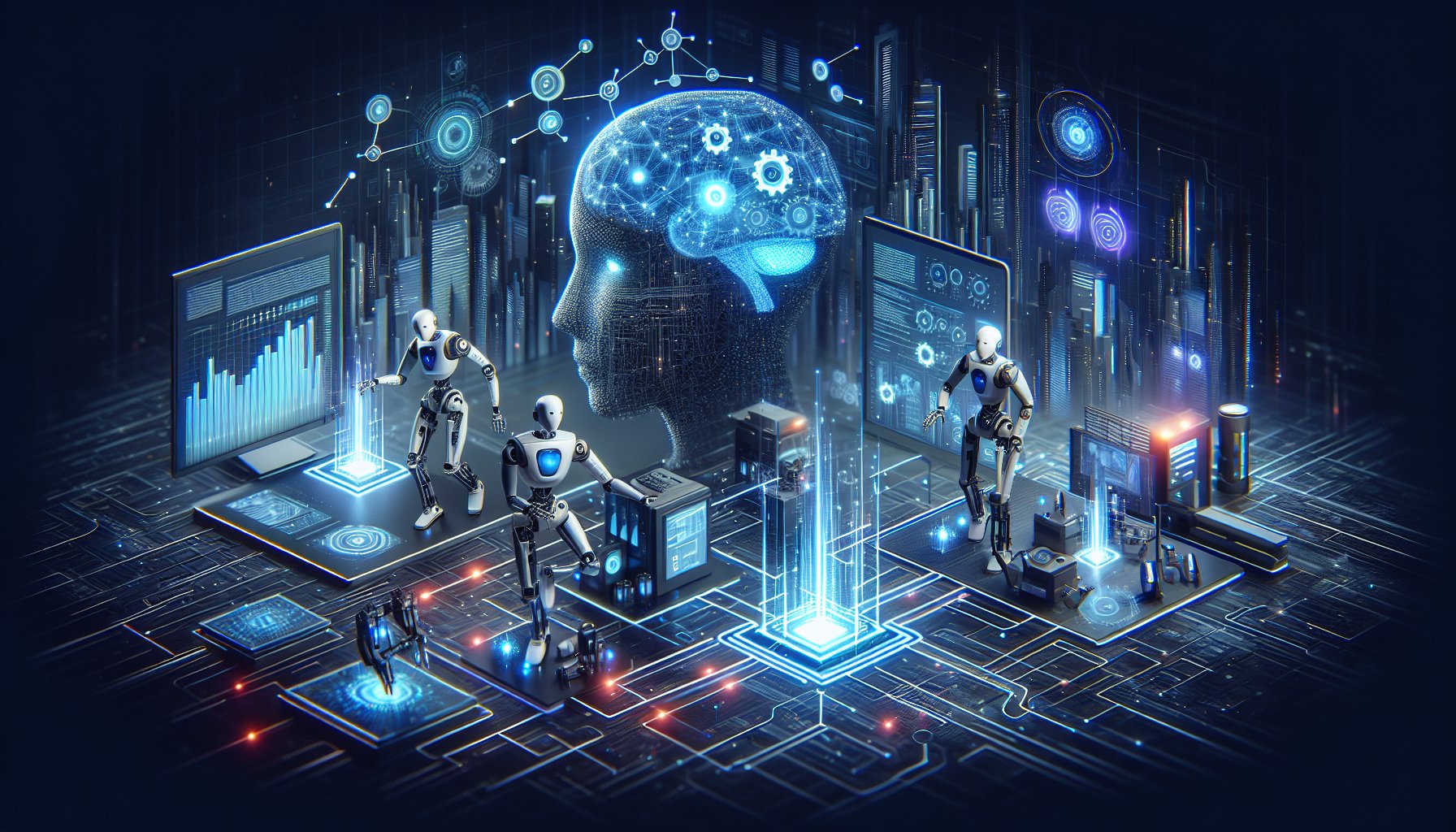Introduction to Agentic AI Workflows
In the dynamic realm of artificial intelligence (AI), there's always something new and revolutionary on the horizon. One such breakthrough is the concept of Agentic AI workflows. Agentic AI workflows empower machines to autonomously manage tasks, making decisions based on context, goals, and even personal preferences. This is a significant leap from traditional AI systems that are primarily task-oriented and lack the ability to reason or make decisions independently.
Understanding the Significance of Agentic AI
Agentic AI is not just about automating tasks; it's about creating intelligent systems that can understand and interpret complex scenarios, make judgements, and act on them. This level of sophistication brings a new layer of efficiency and effectiveness to business operations and can drive innovation across industries.
Code Example: Implementing Agentic AI
import agentic_ai_framework as aaf
# Define the task
task = aaf.Task('order management')
# Define the context
context = aaf.Context('e-commerce')
# Instantiate the agentic AI
agentic_ai = aaf.AgenticAI(task, context)
# Activate the AI
agentic_ai.activate()
Note: This is a simplified representation. The actual implementation involves more intricate logic and decision-making capabilities.
Revolutionizing IT Development with Agentic AI Workflows
Agentic AI workflows have the potential to revolutionize IT development in various ways. They can optimize resource allocation, simplify task management, and facilitate proactive problem solving. Moreover, they can help developers create more intelligent and responsive applications that can adapt to changing user needs and expectations.
Pioneering Approaches in Agentic AI
One of the pioneering approaches in agentic AI is the integration of machine learning. Using machine learning algorithms, agentic AI systems can learn from their experiences and improve their performance over time. This can lead to more accurate decision-making and enhanced operational efficiency.
Code Example: Machine Learning in Agentic AI
import agentic_ai_framework as aaf
from sklearn.ensemble import RandomForestClassifier
# Define the task and context
task = aaf.Task('customer segmentation')
context = aaf.Context('e-commerce')
# Instantiate the agentic AI
agentic_ai = aaf.AgenticAI(task, context)
# Define the machine learning model
ml_model = RandomForestClassifier()
# Train the AI
agentic_ai.train(ml_model)
Again, this is a simplified representation. Actual implementation involves more complex data processing and model tuning steps.
Conclusion: Staying Ahead with Agentic AI
In an era marked by rapid technological advancements, staying current is more important than ever. Agentic AI workflows represent a significant step towards more autonomous, intelligent, and efficient systems. By understanding and leveraging these workflows, IT professionals can create innovative solutions that are not just reactive but proactive, capable of thinking, learning, and making decisions on their own. It's time to embrace the future of AI—Agentic AI.
